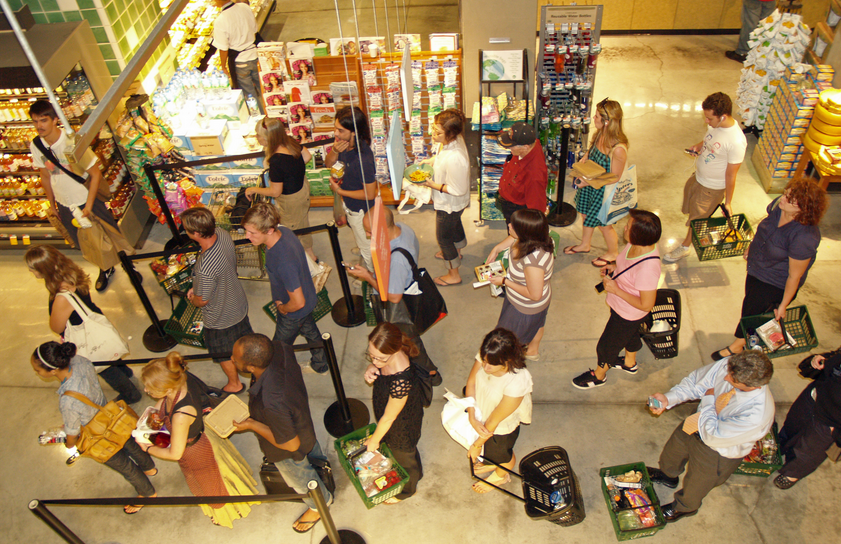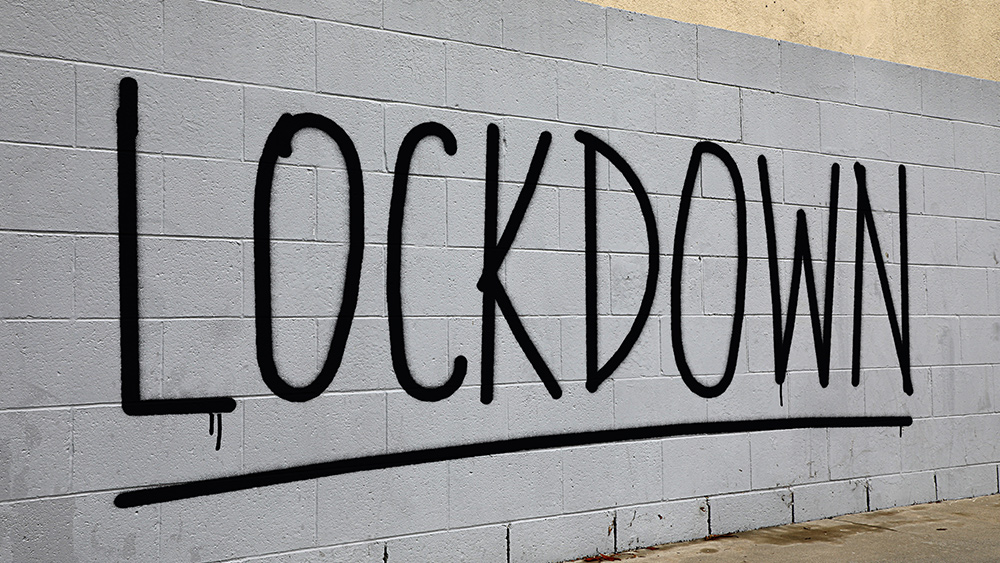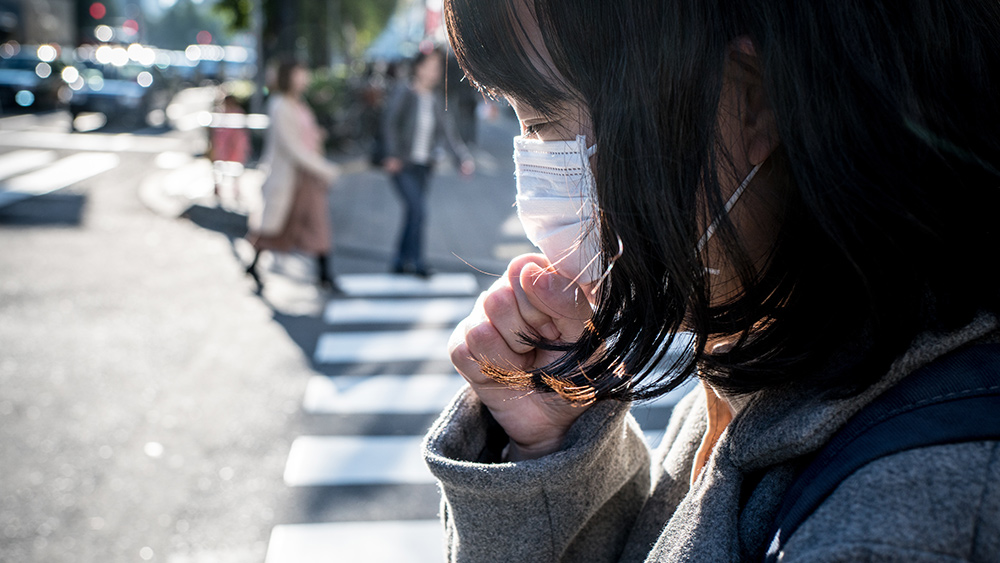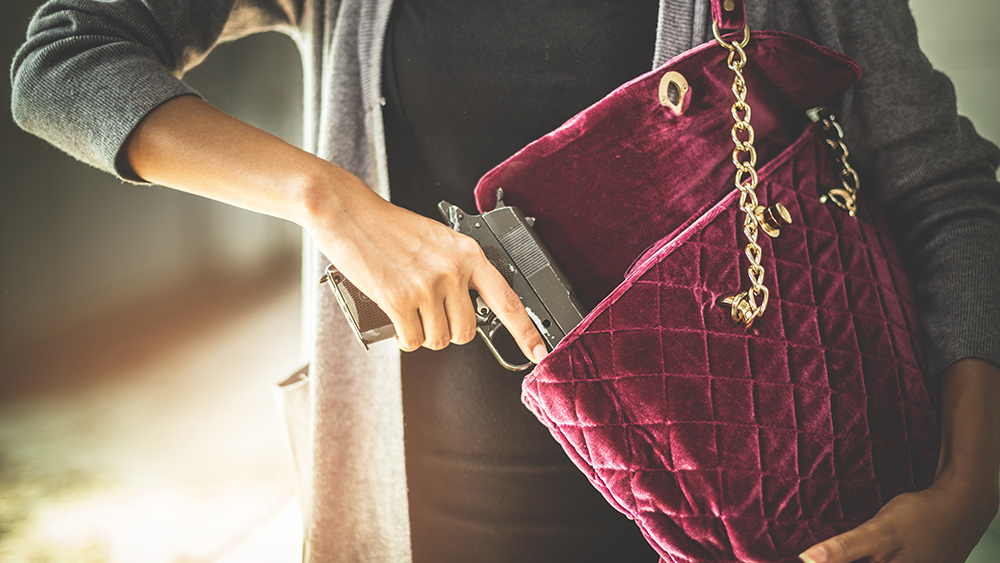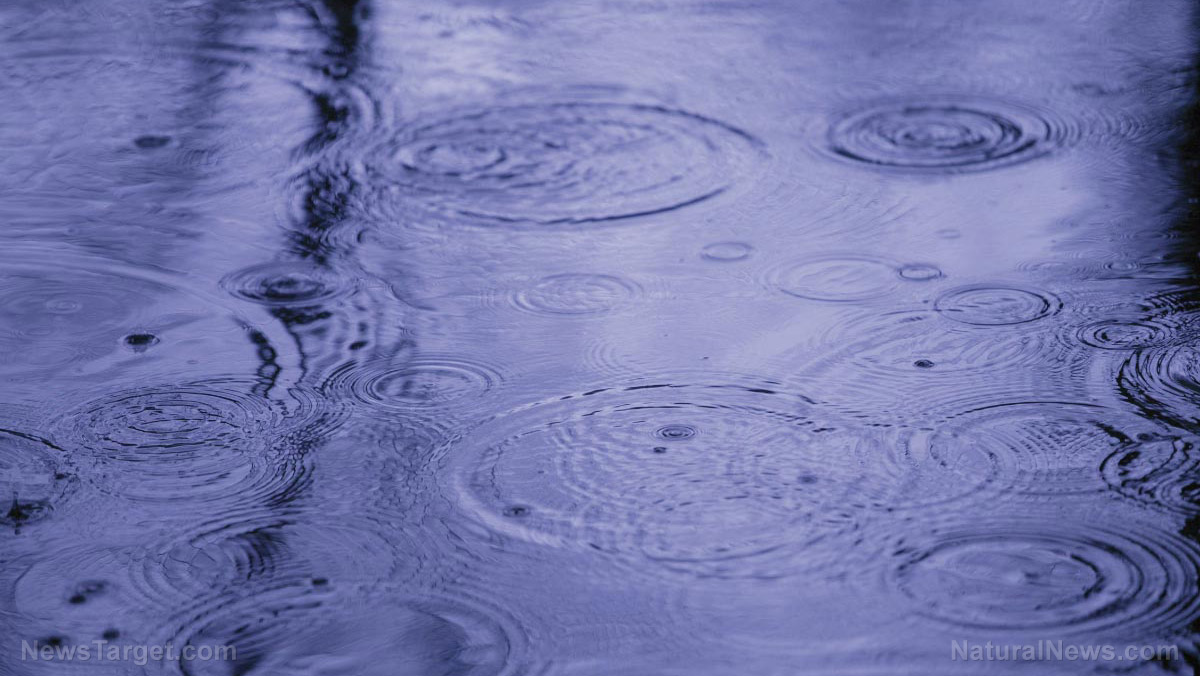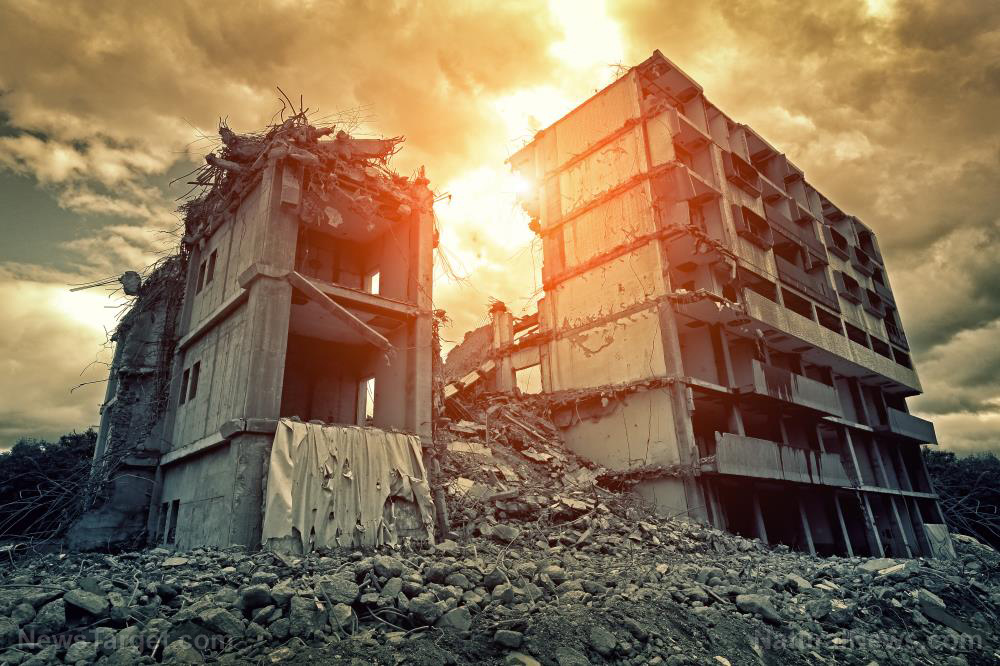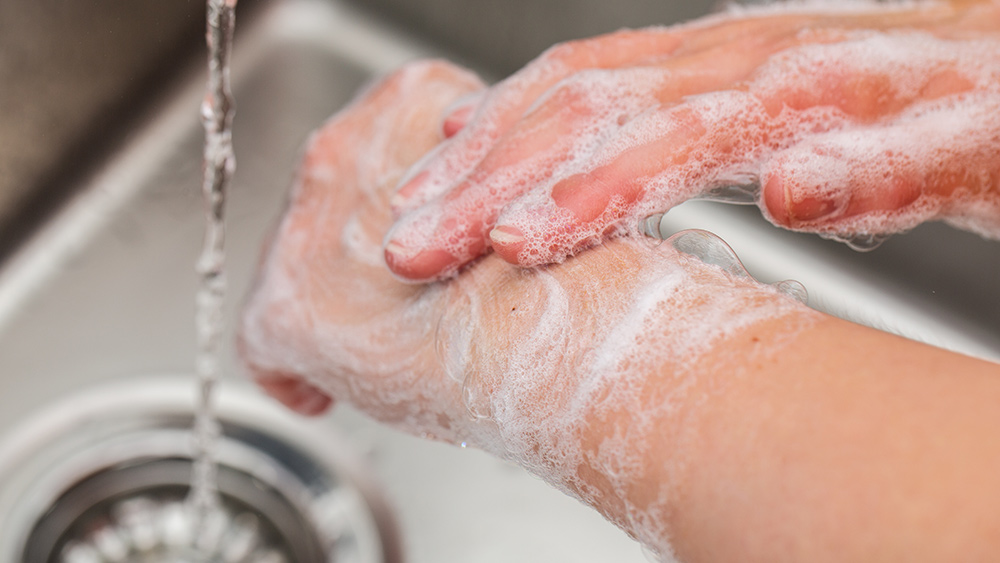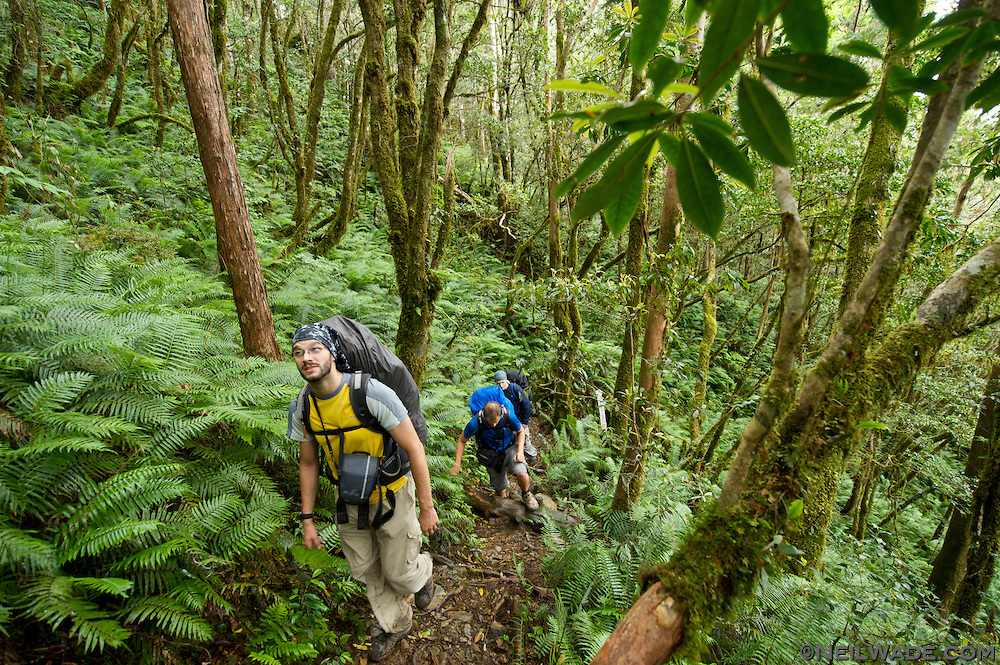SHTF essentials: Don’t forget to learn these 6 commonly overlooked survival skills
04/04/2020 / By Arsenio Toledo
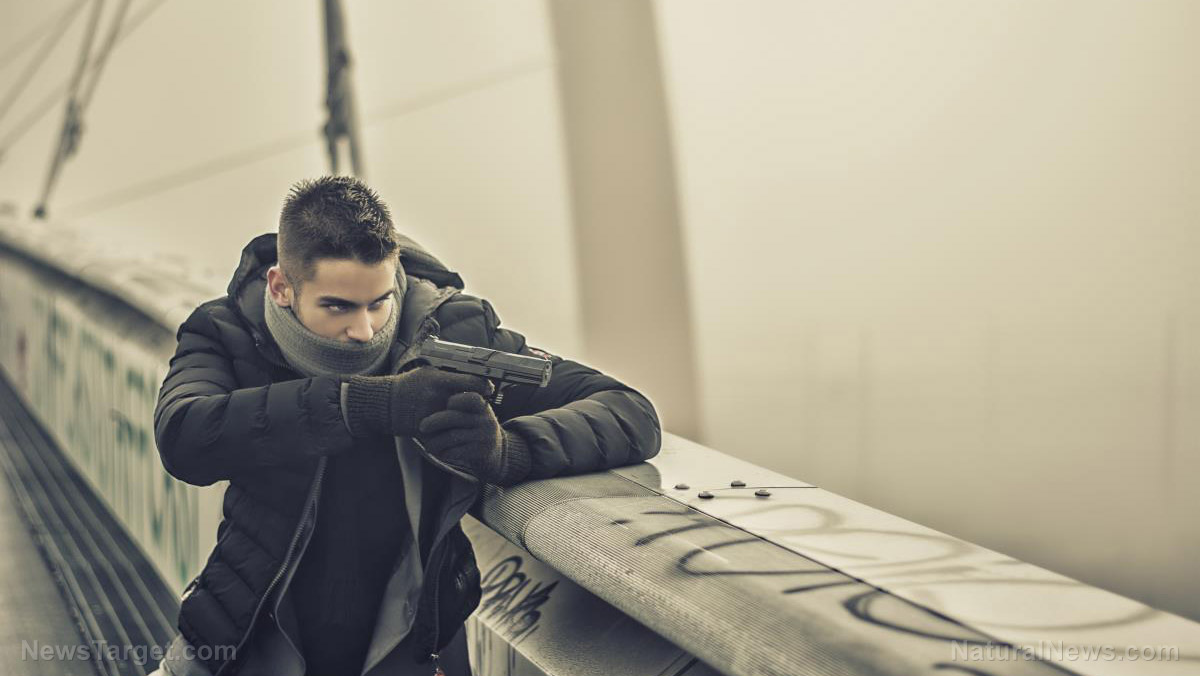
Survival skills tend to focus on being able to gather supplies such as food, water and medicine from alternative sources. These are great skills to have, as they can teach you how to hunt and forage for food, properly filter and purify water and perform basic first aid. However, these aren’t the only survival skills that you should have. When SHTF, knowing how to gather food and clean dirty water will be important – but so will these six other overlooked survival skills. (h/t to SmartPrepperGear.com)
Navigation
Navigational abilities are a must-have during a disaster. If the internet isn’t functioning or you don’t have proper cell signal, you won’t be able to rely on GPS or maps. When SHTF, you will recognize the true value of knowing your surroundings.
Effective disaster navigation skills means being familiar with your area not because your GPS directed you there, but because you’re aware of where this place leads. This isn’t limited to utilizing roads and highways, however: this also means taking advantage of possible shortcuts like alleyways, train tracks, subways, underground tunnels and monuments like buildings, shops and parks. Your navigation skills can be further supplemented by having a physical map of your immediate surroundings in your bug-out bag.
Escape and evasion
During disasters, you may be forced into a scenario where your only choice is to escape. Similarly, if you have to face a group of armed criminals on your own, you may be totally outmatched and have no choice but to run.
Escape and evasion are both about keeping out of sight and out of mind. It means you can run away from danger and avoid being followed while you’re escaping. This skill becomes even more crucial if you’re living in a dense, urban jungle, where danger can be lurking around every street corner. One of the most important things you need to learn about escaping is that staying mobile can keep you alive. Think and act fast, but it’s imperative that you don’t stop running from the danger.
Emergency radio communication
If the internet goes down and your cell signal becomes unreliable, alternative forms of long-distance communication, such as emergency radios, will be crucial. Knowing how to operate emergency radios can help you communicate not just with your family and other distant friends and relatives, but also with law enforcement and other authorities. Look online for local ham radio operator clubs that can provide you with helpful training. Alternatively, you and your neighborhood can invest in walkie-talkies, which you can use to coordinate community needs during disaster situations.
Situational awareness
Situational awareness is having a heightened perception of what’s going on around you. In a survival situation, situational awareness is exceptionally important because it can open your eyes to different possibilities in front of you. If there’s a fire, situational awareness can help you know where all of the exits are located, and which one is the closest; if there’s an earthquake, situational awareness can help you know where the safest place to take cover is. (Related: Prepping 101: What is situational awareness and why is it crucial for your personal safety?)
You can practice situational awareness by watching people while you’re on your daily commute or by looking at how people behave from your balcony. It can help you understand what people do during certain scenarios, such as if there’s an obstacle in front of them, or if they’re trying to avoid a dog they’re fearful of.
Self defense
Perhaps one of the most important skills you need to learn is self defense. Knowing how to fight back against armed attackers using your firearm or your other non-lethal or less-lethal weapons is important to staying alive. Self defense skills are needed not just for SHTF scenarios but also on an everyday basis. If you’re comfortable using firearms, try and spend more time on the gun range to practice your fundamentals. If you’d like to learn other self- defense skills, sign up for one of the possibly many self defense classes in your area.
Leadership
Everyone can be a leader. You can be a leader in your job, in your household and in your survival group. When it comes to survival, someone like you can and should step up to take quick, decisive action that could potentially save lives. Being a good leader during a disaster situation means being able to effectively influence people to follow you.
There are many other skills that people can often overlook, such as conflict resolution and strong reading comprehension. Learning more outside the box skills can help you get through disasters and other SHTF scenarios better than many other people.
Sources include:
Tagged Under: chaos, disaster preparedness, emergency communication, emergency radio, emergency skills, escape and evasion, firearm self defense, ham radio, leadership skills, less-lethal self defense, navigation, preparedness, prepper, prepping, self-defense, SHTF, SHTF preparedness, situational awareness, survival, survival skills, survivalist
RECENT NEWS & ARTICLES
COPYRIGHT © 2017 PREPAREDNESS NEWS

